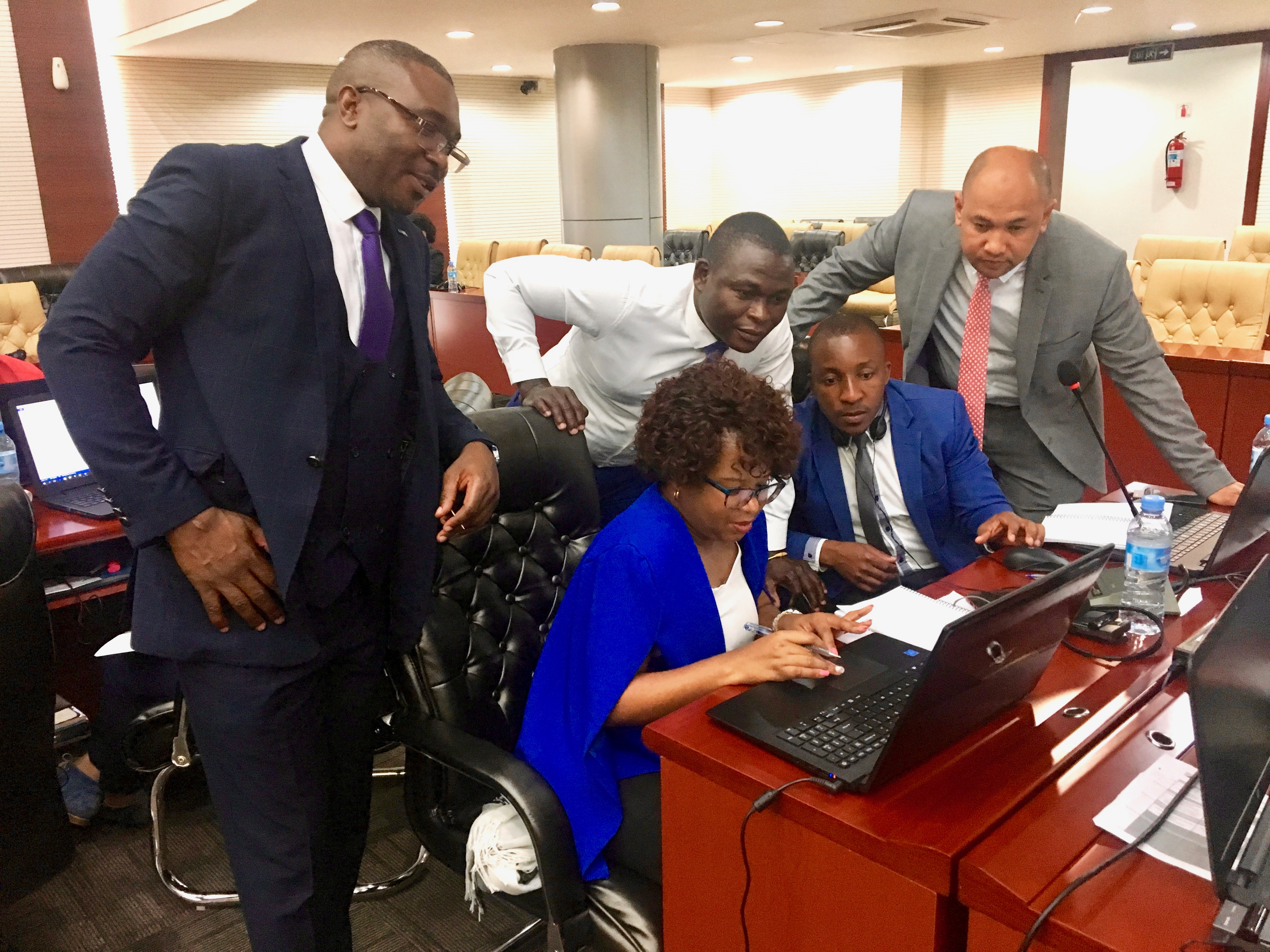Mozambican prosecutors and investigators tackle challenges in financial investigations and asset recovery

The first intensive training workshop on Financial Investigations and Asset Recovery in Mozambique by the Basel Institute’s International Centre for Asset Recovery (ICAR) training team sparked vivid discussions on the practical challenges of investigating and combating money laundering in Mozambique and on how different agencies can work better together to achieve this.
Participants included 23 prosecutors and investigators from the Prosecutor General’s Office (PGR) and provincial prosecutors’ offices, Central Office for the Fight Against Corruption (GCCC), the National Criminal Investigation Service (SERNIC), and one representative of the Mozambique Financial Information Office (GiFIM - Mozambique's Financial Intelligence Unit).
In line with ICAR’s practical and customised training concept, the workshop was tailored to Mozambique’s legal framework and practices while also touching on international best practices in financial investigation techniques and new money laundering trends. The centrepiece was a practical exercise: a complex simulated corruption and money laundering investigation.
Finding strategies to overcome practical challenges
Two prosecutors participating in the workshop themselves gave a presentation about the challenges of investigating and combating the crime of money laundering in Mozambique from a practical point of view. This sparked lively discussion on a number of common issues, such as how best to obtain banking information for use in investigations and how to ensure that accounts are frozen quickly enough to stop the stolen money being spent or transferred.
The participants also talked about challenges experienced in securing evidence for use in money laundering investigations, as techniques used in other types of crime could not always deal with the complexity of financial crime. It was often difficult to identify the predicate offence which gave rise to the proceeds of crime and subsequent money laundering offences. This was further complicated by delays in obtaining information, both domestically and internationally through mutual legal assistance.
Participants were encouraged to make use of the provisions of their Anti-Money Laundering legislation (Law No. 14/2013) which allow for a form of extended confiscation not unlike that imposed on EU members states through various directives.
The value of hands-on training and case simulations
One participant, who is responsible for heading up Mozambique's newly established Interdisciplinary Asset Recovery Team, commented on how useful and hands-on the training was: "Not only did it provide knowledge but the most important is that we were able to apply the knowledge and skills directly in the [simulated] case." Practical takeaways included "how important it is to be clear and concise when giving a presentation to the judge. We need to go straight to the point and not confuse the judge with unnecessary details."
The simulated investigation, confirmed another participant from SERNIC, was extremely beneficial as it provided "an opportunity to follow many leads in tracing various assets".
Encouraging inter-agency cooperation
The attendance of a GiFIM representative was particularly beneficial, as he was able to add value to his group through his ability to analyse bank statements and other financial data. This emphasised the importance of including GiFIM in future workshops as it encourages inter-agency networking and information-sharing, which is hopefully carried through to their daily operations.
The other participants recognised that GiFIM also has access to information of benefit to corruption and money laundering investigations and the recovery of illicit assets. As ICAR trainer and Senior Asset Recovery Specialist Thierry Ravalomanda explains in this quick guide, the role of Financial Intelligence Units in asset recovery is a crucial one - yet too often misunderstood.
More such capacity building and mentoring on case work will, no doubt, lead to greater understanding and greater success in recovering stolen assets for the benefit of the Mozambican people.


